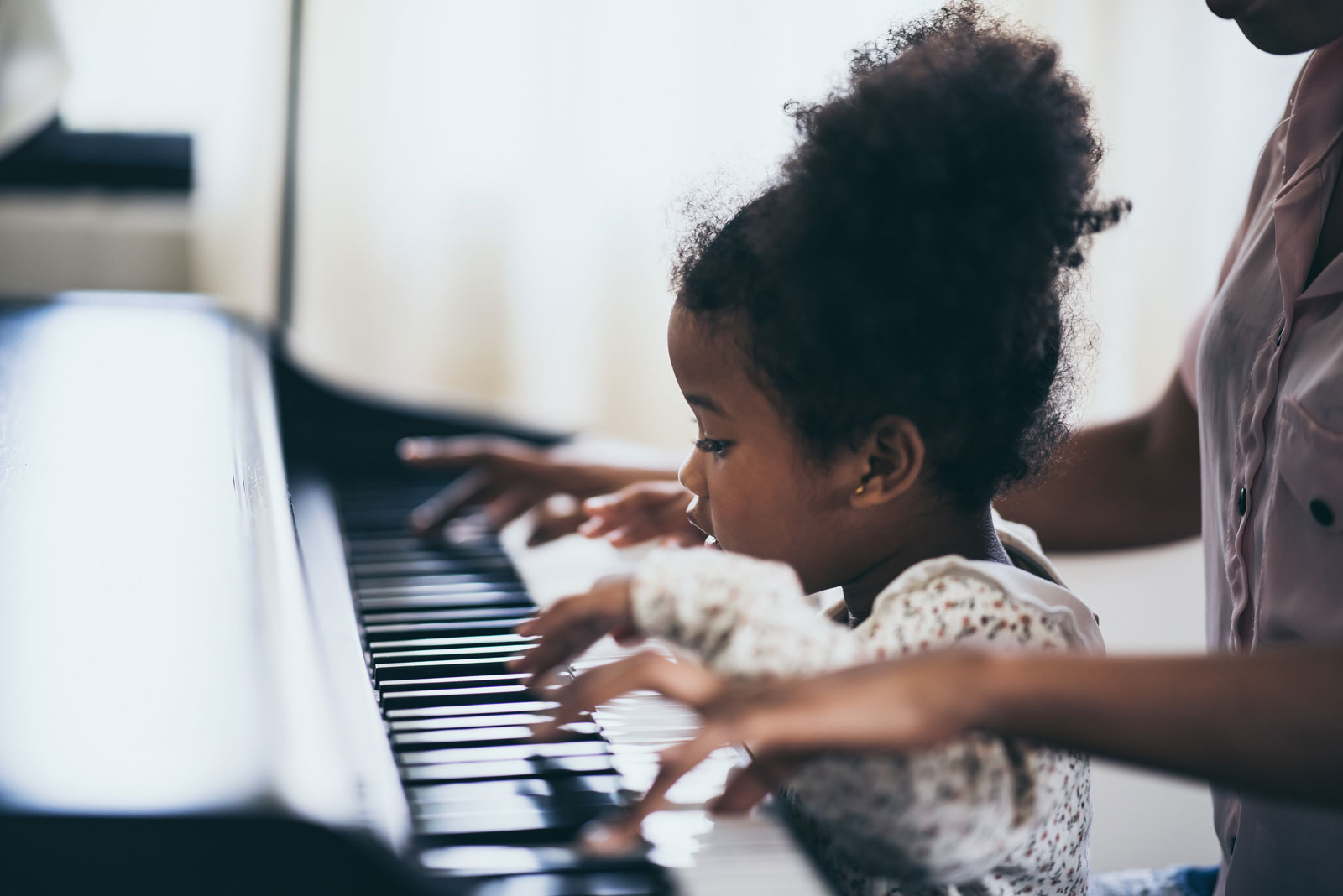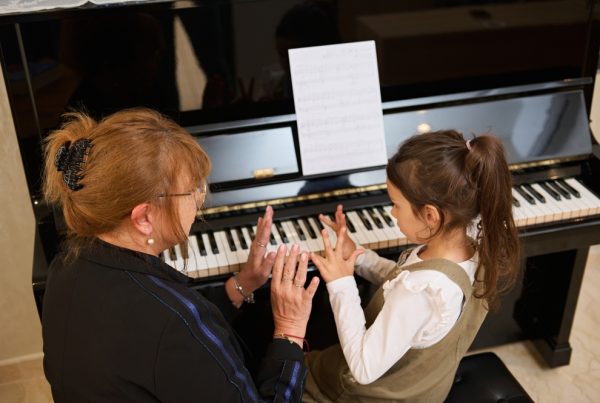Are you considering in-home piano lessons to foster or rekindle your love for music right in the comfort of your own living space? Volz Piano offers personalized in-home piano lessons in Utah, providing a convenient and effective solution for students of all ages.
Discover the Convenience of Piano Lessons in Your Home
At Volz Piano, we understand that managing schedules can be challenging. That’s why our in-home piano lessons allow you to learn music without the hassle of traveling. Our experienced teachers come to you, whether you’re looking for piano lessons in home near you or specifically seeking in-home piano lessons for kids. This service not only saves time but also creates a comfortable learning environment where students can feel at ease and fully focus on mastering the piano.
What to Expect from In-Home Piano Lessons
When you choose in-home piano lessons, you receive tailor-made sessions designed to fit your personal musical goals and learning pace. Our private piano lessons in your home are conducted by skilled teachers who specialize in a range of styles and techniques. Whether you’re a beginner or an experienced pianist looking to hone your skills, our teachers bring the best private piano lessons in your home.
The Specialized Volz Piano Method In-Home Service in Utah
The Volz Piano Method emphasizes intervallic reading, ear training, and creative improvisation from the very first lesson, making private in-home piano lessons for children in Salt Lake County Utah both structured and playful. Volz Piano teachers tailor each unit to individual goals while following a proven scope and sequence.
This specialized Volz Piano Method in-home service in Utah is delivered by piano teachers who pass rigorous pedagogy assessments and receive ongoing mentorship from senior faculty.
In Home Piano Lessons Cost
Investing in in-home piano lessons involves understanding the cost, which varies based on lesson length and frequency, as well as teacher expertise. At Volz Piano, we are transparent about in home piano lessons costs, ensuring you receive value and exceptional teaching. For more detailed information on pricing, please visit our rates page.
Why Choose In-Home Piano Lessons?
Choosing in-home piano lessons offers numerous benefits:
Personalized Attention: Private lessons ensure that the tutorial is focused solely on your progress and tailored to your individual needs.
Flexible Scheduling: We work around your calendar, offering lessons at times that best suit you and your family.
Comfort and Convenience: Learn in a familiar environment where you feel relaxed and at your most receptive, an advantage linked to better retention and enthusiasm.
Save Time & Effort: Mobile piano lessons Utah solutions remove the commute, saving an average of 30–45 minutes per round-trip lesson for Salt Lake County families.
Best Private Piano Lessons in Your Home
At Volz Piano, we pride ourselves on delivering the best private piano lessons in your home. Our teachers are not only experts in piano pedagogy but are also passionate about making each lesson enjoyable and educational. They employ a variety of teaching methods tailored to your learning style and musical preferences.
Finding In-Home Piano Lessons Near Me
For those searching for “in-home piano lessons near me,” Volz Piano serves a wide area across Utah. Our teachers cover many communities, ensuring that professional piano instruction is just a phone call away. The convenience of having a private teacher come to your home eliminates travel time, making it easier to fit music education into your life.
The Impact of In-Home Piano Lessons
Music education is a powerful tool for cognitive development, emotional growth, and personal fulfillment. Studies show that learning a musical instrument like the piano can enhance memory, improve concentration, and even boost reading skills. In-home piano lessons make these benefits accessible and convenient.
Science-Backed Benefits of Piano Study for Children
A NIH-archived study found that short-term music training enhances verbal intelligence and memory encoding in children. Similar work in Frontiers in Human Neuroscience links piano practice to more efficient brain networks for language processing. A recent meta-analysis revealed that music literacy strengthens the neural pathways associated with reading accuracy (Nature Scientific Reports).
fMRI data show improved cognitive flexibility after six months of lessons (Psychology Today). Engagement, not passive listening, drives the gains; Northwestern University researchers confirmed active classes boost neural response to speech and reading (TIME Magazine).
Longitudinal reviews conclude that music training correlates with higher executive-function scores and emotional regulation (Frontiers in Psychology), benefits echoed by the MIT News report on piano lessons and language skills.
Utah’s Supportive Music-Education Landscape
The Utah State Board of Education embeds four fine-arts strands—Create, Perform, Respond, Connect—into every K-12 grade. Local PTAs can tap the Utah PTA Arts Education Grant to match funds for assemblies and instruments, complementing Utah children’s piano instruction in-home.
Young pianists stream concerts from Utah Symphony | Utah Opera’s digital stage, while the Fine Arts Core Standards PDF guides teachers on creative assessments.
Preparing for Kids Piano Tutoring at Home Utah Style
Position the acoustic or digital piano in a quiet, well-lit corner. Experts recommend a bench height that keeps forearms parallel to the floor and pedals within comfortable reach. Keep a metronome handy—modern apps make rhythm work engaging (Busy Moms Do Piano).
Interactive flash-card apps such as Note Rush and game-based platforms like Piano Maestro motivate daily practice with instant feedback and star rewards.
Ready to Start?
If you’re ready to embrace the enriching world of music with in-home piano lessons, contact Volz Piano today. Our team is eager to help you embark on this musical journey from the comfort and safety of your home. Visit our website or call us to discuss your musical goals and set up your first session.
Embrace the art of piano playing with Volz Piano’s in-home piano lessons in Utah, where we bring music education directly to your doorstep.



